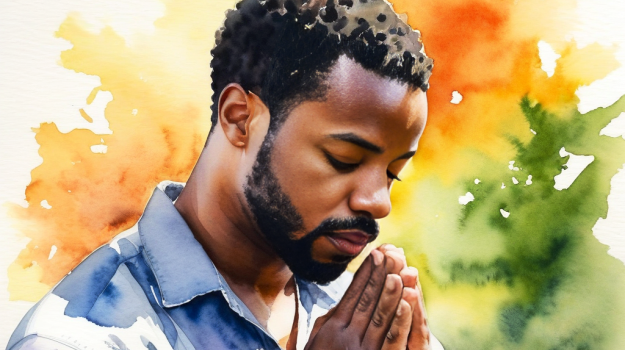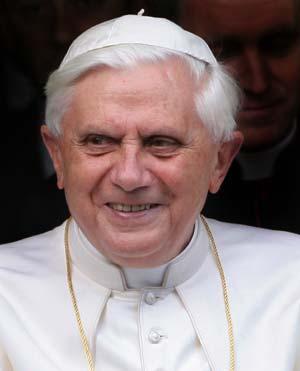The Heart of True Worship

In a world where outward appearances often take precedence over inner realities, the readings for the 22nd Sunday in Ordinary Time, Year B, serve as a powerful reminder that true worship of God begins in the heart. It’s easy to fall into the habit of practicing our faith on autopilot—going through the motions without engaging our hearts or minds. But today’s scriptures call us to examine the authenticity of our devotion and challenge us to realign our lives with the love and commandments of God.
The first reading from Deuteronomy presents a challenge that is as relevant today as it was for the Israelites: to embrace God’s law not as a burdensome obligation, but as a path to life. Moses implores the people to observe God’s statutes with all their heart, emphasizing that these laws are meant to foster a deep, intimate relationship with God. This is not about mere external observance, but about allowing God’s commandments to shape our very identity and way of life. How often do we, too, find ourselves obeying God’s commands out of routine rather than genuine desire?
The Gospel reading intensifies this challenge. Jesus confronts the Pharisees and scribes, who had become more concerned with the outward rituals of purity than with the state of their hearts. He boldly declares that it’s not what enters a person from the outside that defiles them, but what comes out from within—the thoughts, words, and actions that reveal the true condition of the heart. Jesus calls out the hypocrisy of those who honor God with their lips while their hearts are far from Him. This prompts a critical question for each of us: Are we guilty of the same? Do we focus more on the external expressions of our faith while neglecting the inner conversion that God desires?
As Christians in a secular world, the temptation to conform to outward appearances is strong. We may attend Mass, participate in religious activities, and say the right things, but Jesus challenges us to look deeper. Are our actions driven by love for God and neighbor, or are we merely ticking boxes? The greatest commandment, as Jesus reminds us, is to love the Lord our God with all our heart, soul, mind, and strength. This is not a passive or partial love; it’s an all-consuming love that must be at the core of our existence. Yet, how often do we let distractions, busyness, and worldly concerns pull us away from this foundational love?
The story of the widow’s mite offers a profound example of what it means to give from the heart. While others gave from their surplus, the widow gave all she had, holding nothing back. Her offering was small in monetary value, but immense in spiritual significance. Jesus praises her not for the amount she gave, but for the totality of her self-giving. This act challenges us to examine our own generosity towards God—are we giving Him only what is convenient, or are we offering our entire selves, trusting that He will provide for our needs?
Furthermore, this reflection on giving ties directly into how we approach the Mass. The Eucharist is not just another obligation to fulfill; it is the source and summit of our faith, where we encounter the living Christ. But how often do we approach it with indifference or routine, rather than with eager anticipation and reverence? Jesus gave His all for us—how much of ourselves are we willing to give in return? Do we attend Mass out of a sense of duty, or because we genuinely long to be in His presence and to be transformed by His grace?
In these challenging times, it is crucial that we move beyond a superficial practice of faith and cultivate a heart that is truly devoted to God. We must be willing to confront the areas in our lives where we have allowed complacency or legalism to take root. True worship is not about following rules for the sake of appearances, but about surrendering our hearts fully to God and allowing His love to guide every aspect of our lives.
As we reflect on today’s readings, let us not shy away from the difficult questions: Where is my heart in relation to God? Am I giving Him my all, or just what is comfortable? How can I deepen my love for Him and for my neighbor? May this reflection inspire us to embrace a more authentic, wholehearted faith, where our actions are a true reflection of the love that dwells within us.





